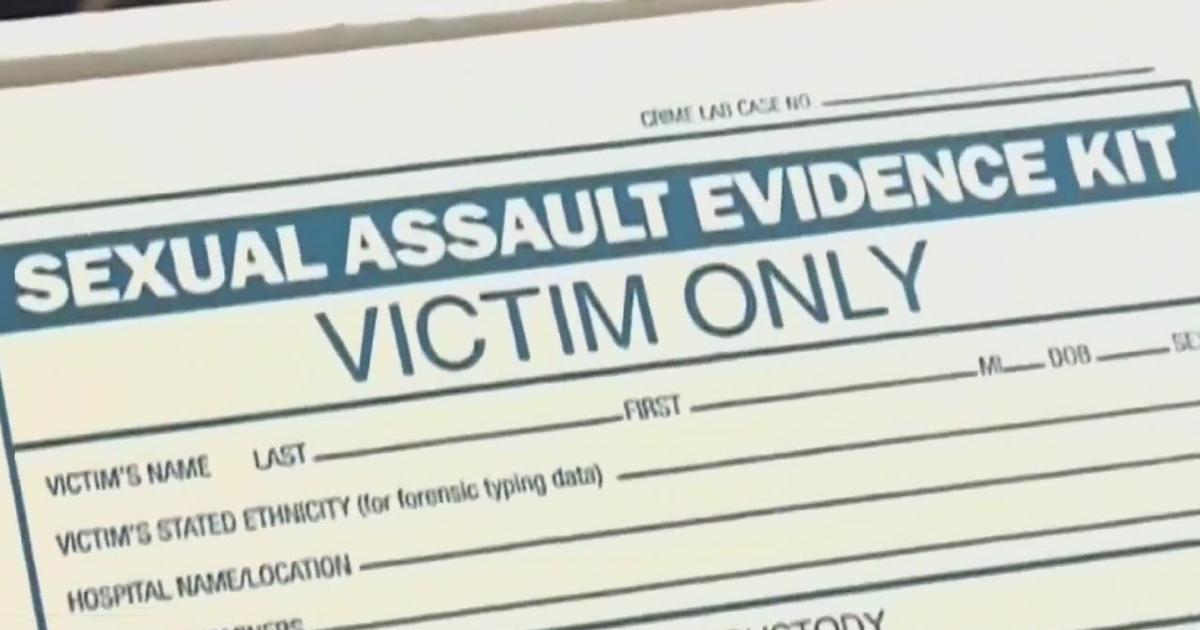
Woman sues San Francisco after DNA retained in sexual assault case used to arrest her on unrelated charge
CBSN
San Francisco — A rape victim whose DNA from her sexual assault case was used by San Francisco police to arrest her in an unrelated property crime on Monday filed a lawsuit against the city. During a search of a San Francisco Police Department crime lab database, the woman's DNA was tied to a burglary in late 2021. Her DNA had been collected and stored in the system as part of a 2016 domestic violence and sexual assault case, then-District Attorney Chesa Boudin said in February in a shocking revelation that raised privacy concerns. "This is government overreach of the highest order, using the most unique and personal thing we have — our genetic code — without our knowledge to try and connect us to crime," the woman's attorney, Adante Pointer, said in a statement. The revelation prompted a national outcry from advocates, law enforcement, legal experts and lawmakers. Advocates said the practice could affect victims' willingness to come forward to law enforcement authorities. Federal law already prohibits the inclusion of victims' DNA in the national Combined DNA Index System. There is no corresponding law in California to prohibit local law enforcement databases from retaining victims' profiles and searching them years later for entirely different purposes.
California lawmakers last month approved a bill that would prohibit using the DNA profiles collected by police from sexual assault survivors and other victims for any purpose other than aiding in identifying the perpetrator. Local law enforcement agencies would also be prohibited from retaining and then searching victim DNA to incriminate them in unrelated crimes under the legislation, which is pending before Gov. Gavin Newsom. Boudin said the report was found among hundreds of pages of evidence against a woman who had been recently charged with a felony property crime. After learning the source of the DNA evidence, Boudin dropped the felony property crime charges against the woman. The police department's crime lab stopped the practice shortly after receiving a complaint from the district attorney's office and formally changed its operating procedure to prevent the misuse of DNA collected from sexual assault victims, Police Chief Bill Scott said.
Scott said at a police commission meeting in March that he had discovered 17 crime victim profiles, 11 of them from rape kits, that were matched as potential suspects using a crime victims database during unrelated investigations. Scott said he believes the only person arrested was the woman who filed the lawsuit Monday.

More than 2 million federal employees face a looming deadline: By midnight on Thursday, they must decide whether to accept a "deferred resignation" offer from the Trump administration. If workers accept, according to a White House plan, they would continue getting paid through September but would be excused from reporting for duty. But if they opt to keep their jobs, they could get fired.

More employees of the Environmental Protection Agency were informed Wednesday that their jobs appear in doubt. Senior leadership at the EPA held an all-staff meeting to tell individuals that President Trump's executive order, "Ending Radical and Wasteful Government DEI Programs and Preferencing," which was responsible for the closure of the agency's Diversity, Equity, and Inclusion office, will likely lead to the shuttering of the Office of Environmental Justice and External Civil Rights as well.

In her first hours as attorney general, Pam Bondi issued a broad slate of directives that included a Justice Department review of the prosecutions of President Trump, a reorientation of department work to focus on harsher punishments, actions punishing so-called "sanctuary" cities and an end to diversity initiatives at the department.










